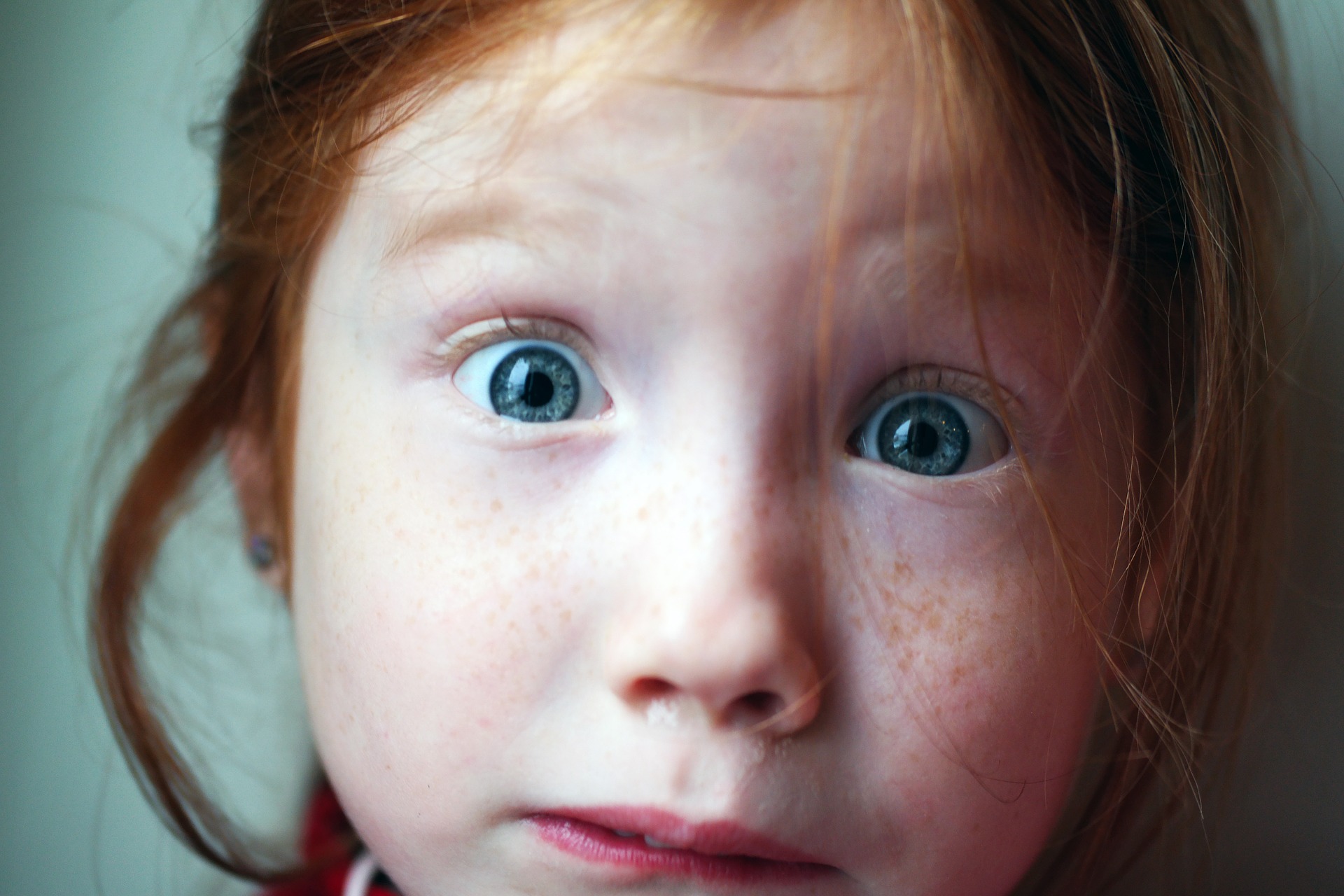A Real-Life Perspective: What It’s Like Parenting Children with Mental Illness
 In the culture of special needs parenting, certain types of disabilities push parents toward the edges. Those of us with mentally ill kids inch away from bright lights and parent support groups. Words stick in our mouths. We clear our throats, nodding as other parents discuss hard things. If their children cannot read, cannot walk, cannot hear — then at least they have not thrown an iPad through the screen of the television. Read more ›
In the culture of special needs parenting, certain types of disabilities push parents toward the edges. Those of us with mentally ill kids inch away from bright lights and parent support groups. Words stick in our mouths. We clear our throats, nodding as other parents discuss hard things. If their children cannot read, cannot walk, cannot hear — then at least they have not thrown an iPad through the screen of the television. Read more ›


 News about catastrophic events, natural disasters, crime reports, and terrorist threats can have a profound emotional impact on children. Younger children, especially, are vulnerable in the wake of traumatic events and may experience stress, anxiety and increased fearfulness long after the event has passed. Your support can help your children process these emotions and help them manage their fear and anxiety.
News about catastrophic events, natural disasters, crime reports, and terrorist threats can have a profound emotional impact on children. Younger children, especially, are vulnerable in the wake of traumatic events and may experience stress, anxiety and increased fearfulness long after the event has passed. Your support can help your children process these emotions and help them manage their fear and anxiety. 
 In her new book,
In her new book, 
 When a child is scared of the dark or being left alone, it can be hard for adults to know the difference between an age-appropriate fear and full-blown anxiety. This podcast episode from NPR is full of tools to help parents better understand and manage their child’s “worry brain.”
When a child is scared of the dark or being left alone, it can be hard for adults to know the difference between an age-appropriate fear and full-blown anxiety. This podcast episode from NPR is full of tools to help parents better understand and manage their child’s “worry brain.” 
 A screening tool developed by Bay Area pediatricians to identify adverse childhood experiences, ranging from homelessness and food insecurity to physical and sexual abuse, will now help doctors statewide address trauma affecting patients’ health.
A screening tool developed by Bay Area pediatricians to identify adverse childhood experiences, ranging from homelessness and food insecurity to physical and sexual abuse, will now help doctors statewide address trauma affecting patients’ health. 
 The rise in student wellness applications arrives as mental health problems among college students have
The rise in student wellness applications arrives as mental health problems among college students have 
 While eating disorders can affect people of all ages, teens and young adults are often most susceptible. In addition to biological and psychological risk factors, middle and high school students are highly influenced by peer pressure, the thin ideal set by the media, and the desire to be popular.
While eating disorders can affect people of all ages, teens and young adults are often most susceptible. In addition to biological and psychological risk factors, middle and high school students are highly influenced by peer pressure, the thin ideal set by the media, and the desire to be popular. 
 More people than ever say they’re feeling pressured to look and be the best. It’s taking a toll.
More people than ever say they’re feeling pressured to look and be the best. It’s taking a toll. 
 According to the American Psychological Association’s (APA) annual
According to the American Psychological Association’s (APA) annual 
 Suicide is a difficult topic, but it’s too important to ignore. Suicide is the second leading cause of death for young people ages 15 to 24. Despite a common belief that only teens and adults die by suicide, younger children can also be at risk.
Suicide is a difficult topic, but it’s too important to ignore. Suicide is the second leading cause of death for young people ages 15 to 24. Despite a common belief that only teens and adults die by suicide, younger children can also be at risk. 

